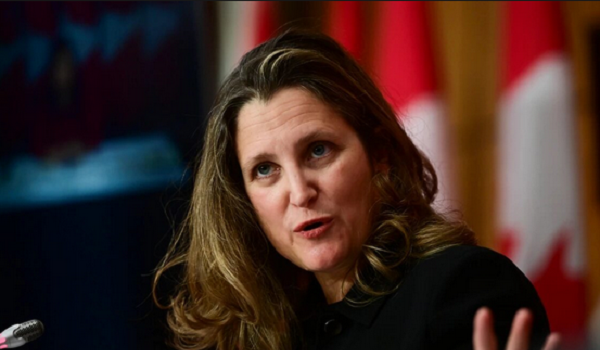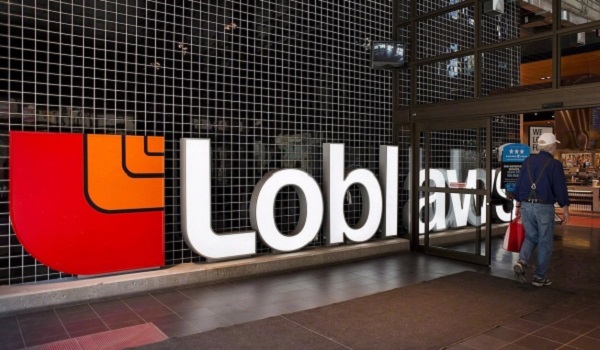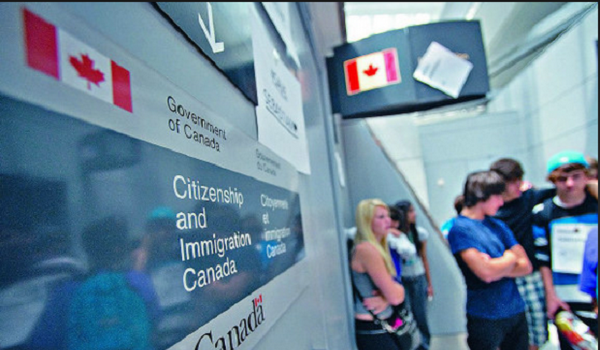No guarantee yet if the federal budget will include higher taxes for corporate Canada, grocers
While selectively rolling out elements targeting millennials and Generation Z, Deputy Prime Minister and Finance Minister Chrystia Freeland won’t say whether next week’s federal budget could include higher taxes for corporate Canada or major grocers.
On Tuesday, while touting the latest $500-million pre-budget pledge, Freeland faced questions from reporters about how the Liberals plan to finance what has now accumulated to more than $35 billion in new money and loans promised to be included the 2024 federal budget.
Prime Minister Justin Trudeau has ruled out raising taxes on the middle class, pointing back to the Liberals’ 2015 middle class tax cut.
This commitment came after Families Minister Jenna Sudds backtracked from saying there would be “no new taxes” introduced to stating Canadians would have to “see the budget” when pressed if that meant the Liberals had ruled out a wealth or excess profit tax.
When Freeland was asked Tuesday whether there are going to be new or higher taxes for wealthier Canadians or corporate Canada, she did not directly answer.
“Here’s what I’ll say about the fiscal picture in the budget. We recognize that there is an urgent need today to invest in Canada, and Canadians, and we recognize in particular that we’re at really a pivotal moment for young Canadians… And that’s something that we have to do something about. That requires investments. We are making them,” Freeland said.
“We are absolutely committed to making those investments in a fiscally responsible framework. And we’re going to do that.”
In a follow-up question, Freeland was asked about a Liberal-backed NDP motion advanced at the House Finance Committee calling on the government to implement an excess profit tax on large grocery companies, and whether that’s on the table for this budget.
“I was clear about the direction of travel for our government in my previous answer. So we really believe now is the moment that we have to make investments and we’re going to do it, because Canada needs those investments. And especially young Canadians need us to make those investments,” Freeland said in response.
Freeland went on to say that the Liberals still believe in balancing this new spending to remain fiscally responsible and not inflationary, but offer no indications about where additional revenue may come from other than insisting it will not be on the backs of “hardworking middle class Canadians.”
In an interview on CTV News Channel’s Power Play with Vassy Kapelos on Monday, Parliamentary Budget Officer Yves Giroux said based on his calculations, if the Liberals are looking to implement a wealth tax, it’ll be “very delicate,” given how easy it can be for these assets to be moved out of Canada.
As for an excess profit tax on corporations, Giroux said the Liberals would have to define what they consider normal profits, and face the risk of investors moving to other sectors that are less likely to be targeted by excess profit taxes.
Asked to explain why the government has chosen to pre-announce certain elements of the budget before it is tabled, Freeland said she thinks they “owe it to Canadians to explain to them what it is our government is doing” to meet the country’s current challenges.
Freeland will be tabling the 2024 federal budget in the House of Commons one week from now.
Giroux said what he’ll be looking for “is how all these expenditures are going to be financed.”
“That’ll be my main focus, whether it’s taxes, we’ll see, or whether it’s a reduction in other areas.”
This article was first reported by CTV News












